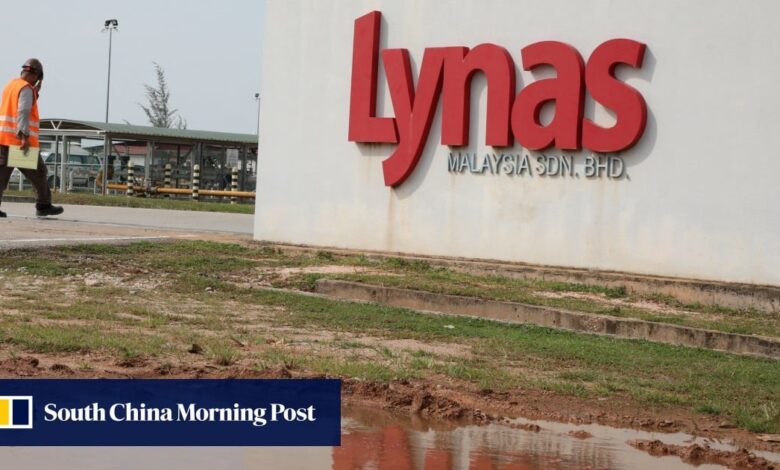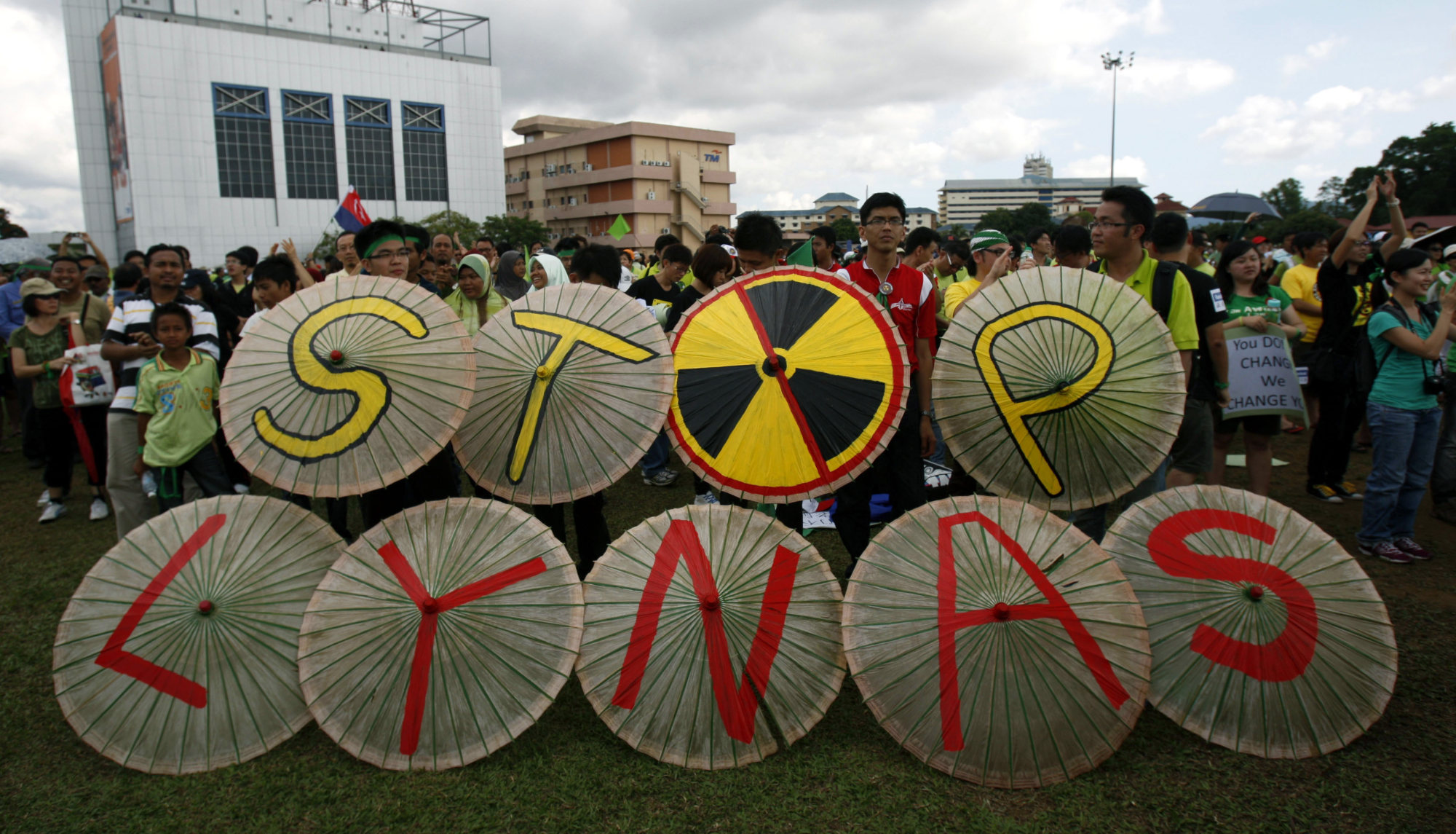Malaysia gives nod for Australian miner Lynas to import, process rare earths until 2026

[ad_1]
Malaysia’s government said on Tuesday it will allow Lynas Rare Earth to continue to import and process rare earths until March 2026, after the Australian miner proposed a new technology to extract radioactive elements from the waste it produces.
The Lynas refinery in Malaysia, its first outside China producing minerals that are crucial to hi-tech manufacturing, has been operating in central Pahang state since 2012. But the company has been embroiled in a dispute over radiation from waste accumulating at the plant.
The government had ordered Lynas to move its leaching and cracking processes – which produce the radioactive waste from Australian ore – out of the country by the year’s end. It also was not allowed to import raw materials with radioactive elements into the country.
Science Minister Chang Lih Kang said the two conditions for renewing Lynas’ license had been removed after the company proposed a way to extract thorium, the radioactive element, from the raw rare earths it imports and from the more than 1 million tons of waste sitting at its factory.

The Atomic Energy Licensing Board has studied the Lynas proposal and found it feasible, he said.
Chang said the government’s about-turn was not a softening of its stance. He said he considered it a win-win situation as it “fulfils our decision not to allow the continuous accumulation of radioactive waste” at the Lynas plant.
If successful, Chang said the waste can be disposed off quickly and the thorium can be commercialised and sold to nuclear plants overseas or to other industries. Lynas must commit 1 per cent of its gross revenue to research and development, especially on the thorium extraction, he added.
Lynas welcomed Malaysia’s decision, with CEO Amanda Lacaze saying it will provide a strong foundation for the further development of Malaysia’s rare earths industry. She said Lynas has invested more than 3 billion ringgit (US$627 million) in Malaysia.
Lynas said in a statement it will raise its research and development investment from 0.5 per cent to 1 per cent of its Malaysian gross sales, to develop methods to remove naturally occurring radioactive material from residues.
Australia’s Lynas to shut down rare earths operations in Malaysia
Australia’s Lynas to shut down rare earths operations in Malaysia
Lynas insists its operations are safe. It had earlier taken its dispute with the government to a Malaysian court.
Last week, Lynas said it will shut down most of its Malaysian operations for the next two months to upgrade its downstream operations. It said the upgrade was essential if its license was updated to allow the company to continue to import and process raw materials from January 1. Lynas said it plans to also undertake further maintenance work on the cracking and leaching facility if operations are allowed to resume as normal.
Rare earths are 17 minerals used to make products such as electric or hybrid vehicles, weapons, flat-screen TVs, mobile phones, mercury-vapour lights and camera lenses. China has about a third of the world’s rare earth reserves but a near monopoly on supplies. Lynas has said its refinery could meet nearly a third of world demand for rare earths, excluding China.
Environmental groups have long campaigned against the Lynas refinery, demanding that the company export its radioactive waste. They contend that the radioactive elements, which include thorium and uranium among others, are not in their natural forms but have been made more dangerous through mechanical and chemical processes.
The only other rare earths refinery in Malaysia – operated by Japan’s Mitsubishi Group in northern Perak state – closed in 1992 following protests and claims that it caused birth defects and leukaemia among residents. It is one of Asia’s largest radioactive waste clean-up sites.
In September, Malaysia said it will develop a policy to ban exports of rare earth raw materials to avoid exploitation and loss of resources.
Malaysia is home to just a fraction of the world’s rare earth reserves, with an estimated 30,000 metric tons, data from the United States Geological Survey in 2019 showed. China is the biggest source with an estimated 44 million tons of reserves.
Additional reporting by Reuters
[ad_2]
Source link

